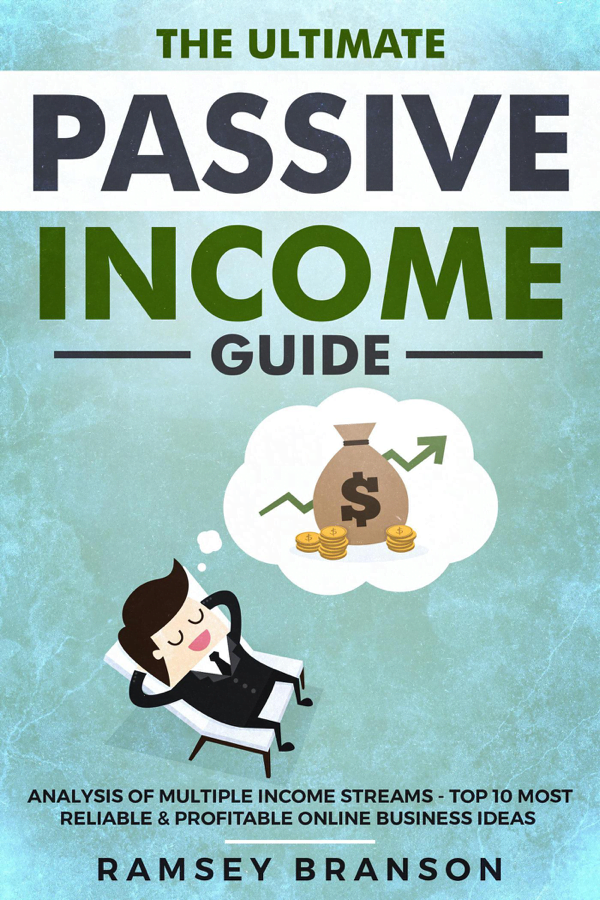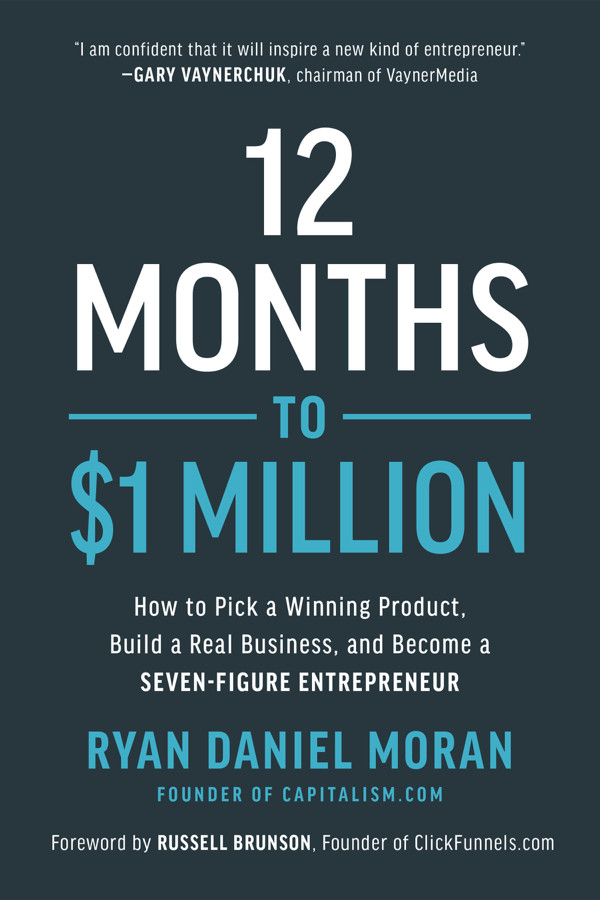
In an era where financial landscapes are rapidly evolving, the quest for smarter money management is more critical than ever. Individuals and businesses alike strive to unlock the potential of their financial resources, ensuring stability and growth. The key to smarter money lies in a blend of strategic planning, informed decision-making, and leveraging technological advancements. Here’s a comprehensive look at how to unlock smarter money.
1. Financial Education: The Foundation of Smarter Money
The cornerstone of smart money management is financial literacy. Understanding the basics of budgeting, saving, investing, and debt management empowers individuals to make informed decisions. Comprehensive financial education should start early, ideally in school, and continue through adulthood. Online courses, workshops, and financial counseling services can provide valuable knowledge and skills to navigate the complexities of personal and business finance.
2. Budgeting and Saving: Building Blocks of Financial Health
Creating and adhering to a budget is fundamental. A well-structured budget allows for tracking income, expenses, and savings. The 50/30/20 rule is a popular method: allocate 50% of income to necessities, 30% to discretionary spending, and 20% to savings and debt repayment. Automating savings through direct deposits into a savings account or investment portfolio ensures consistent growth of financial reserves.
3. Investment Strategies: Growing Wealth Wisely
Investing is a critical component of smarter money management. Diversifying investments across various asset classes—such as stocks, bonds, real estate, and mutual funds—helps mitigate risks and maximize returns. Understanding risk tolerance and investment goals is crucial in crafting a personalized investment strategy. Regularly reviewing and adjusting the portfolio ensures alignment with changing financial objectives and market conditions.
4. Leveraging Technology: Financial Tools and Apps
Technological advancements have revolutionized money management. Financial apps and tools offer a range of services, from budgeting and expense tracking to investment management and retirement planning. Robo-advisors provide automated, algorithm-driven financial planning services with minimal human intervention. Utilizing these tools can streamline financial management processes, offering convenience and real-time insights.
5. Debt Management: Controlling and Reducing Liabilities
Effective debt management is essential for financial stability. Prioritizing high-interest debts and implementing strategies such as the snowball or avalanche methods can expedite debt repayment. Consolidating debts into a single loan with a lower interest rate may also be beneficial. Understanding and improving credit scores through timely payments and responsible credit usage enhances borrowing power and reduces costs.
6. Emergency Funds: Preparing for Uncertainties
An emergency fund acts as a financial safety net, covering unexpected expenses such as medical bills, car repairs, or job loss. Ideally, an emergency fund should cover three to six months’ worth of living expenses. Regular contributions to this fund can prevent financial distress and the need to incur high-interest debt during emergencies.
7. Retirement Planning: Securing the Future
Planning for retirement is a long-term endeavor that requires early and consistent effort. Utilizing retirement accounts such as 401(k)s, IRAs, and Roth IRAs, and taking advantage of employer matching contributions, can significantly enhance retirement savings. Regularly reviewing retirement goals and adjusting contributions ensures preparedness for a financially secure retirement.
8. Seeking Professional Advice: Financial Advisors and Planners
Sometimes, navigating the complexities of financial management requires professional assistance. Financial advisors and planners can provide personalized advice, help develop comprehensive financial plans, and offer strategies tailored to specific goals and circumstances. It’s essential to choose advisors with credible certifications, such as CFP (Certified Financial Planner) or CFA (Chartered Financial Analyst).
Conclusion
Unlocking smarter money is not a one-time effort but a continuous journey of learning, planning, and adapting. By building a strong foundation through financial education, implementing effective budgeting and saving strategies, investing wisely, leveraging technology, managing debt, preparing for emergencies, planning for retirement, and seeking professional advice when necessary, individuals and businesses can achieve financial empowerment and long-term stability. In the dynamic world of finance, staying informed and proactive is the ultimate key to smarter money.















